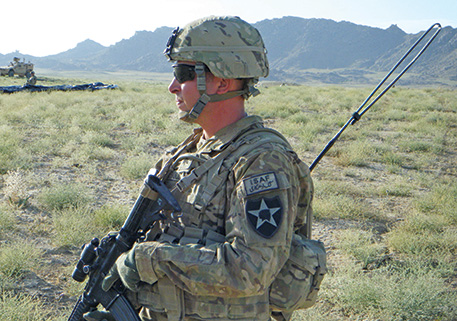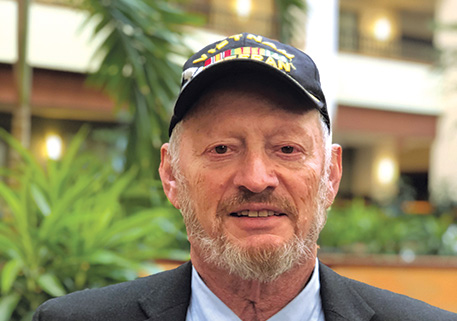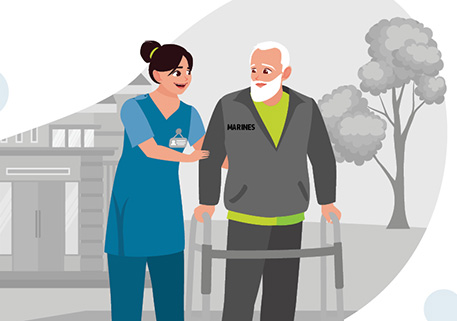WASHINGTON (June 2, 2016) — Sen. John McCain (R-Ariz.) attacked the nation’s largest and most influential veterans’ service organizations last Friday by alleging they were opposed to the Veterans Choice Program that created a new, but temporary, option for veterans to receive health care from non-Department of Veterans Affairs providers. The senator’s comments specifically targeted the Veterans of Foreign Wars of the United States, Disabled American Veterans, and the American Legion.
“Senator McCain was factually wrong when he said our organizations oppose the Choice Program, which all of us supported as part of the VA Access, Choice and Accountability Act of 2014 to address an emergency access to care crisis,” said VFW Executive Director Bob Wallace, DAV Executive Director Garry Augustine, and American Legion Executive Director Verna Jones. “The senator also appears unaware of the many reform proposals we have since offered to expand access to community care, improve quality inside the VA health care system, and strengthen accountability throughout the entire VA,” they said.
“We do not oppose efforts to increase the use of community care; in fact we have offered our own plans to expand access to non-VA care by developing local networks that integrate the best community providers into the VA system,” they said. “What we are against is unrealistic proposals that promise unlimited choice, which in itself is unsustainable, and in reality could force millions of veterans to lose the option to use VA health care, which could ultimately shift the financial cost of care onto every veteran.
“Grandiose proposals such as Senator McCain’s plan to give every veteran a Choice Card to purchase unlimited health care in the private sector without any management could cost hundreds of billions of dollars, according to estimates by the Office of Management and Budget. This while Congress balks at spending just a few hundred million to fund critically needed VA hospitals and clinics,” they said.
“Just because a veteran has a Choice Card doesn’t necessarily mean private providers will see them, because they have long wait times, too, and many will not accept low government reimbursement rates,” the three executive directors said. “We hope to have the opportunity to work with Senator McCain and others interested in improving veterans’ health care. We want to find realistic ways to expand access by supplementing VA care whenever and wherever necessary, while maintaining VA as the premier provider of care for wounded, ill and injured veterans.”
Click here to learn more on DAV’s stance on VA Healthcare Reform






